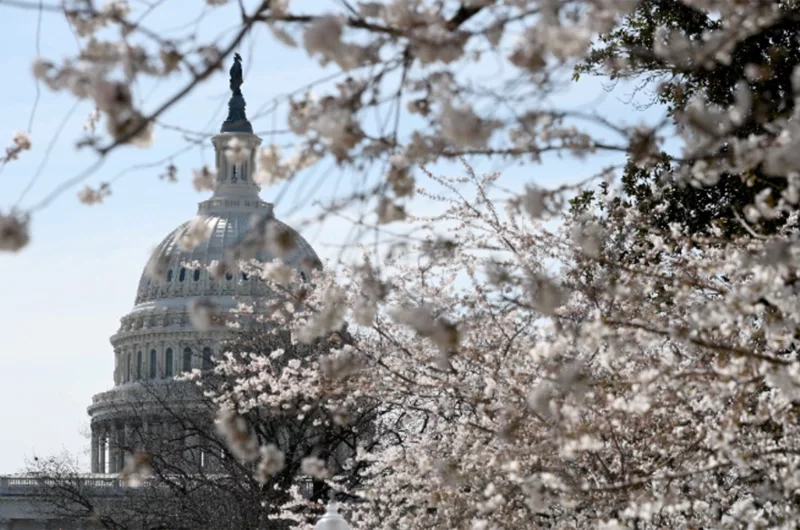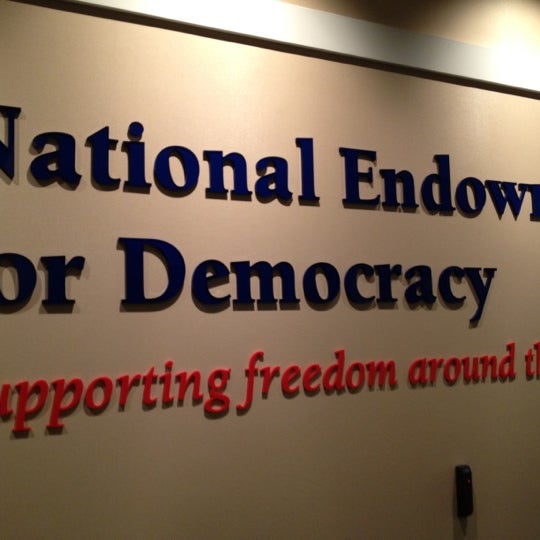
Entrepreneurs, Watch Out for Relationships with the Government
The government is the biggest chairman in business and the biggest buyer on the market. Entrepreneurs have become increasingly sensitive to this language in teaching government and business classes at international universities for more than 20 years. However, government can also be a beast, especially when the political party in power switches and the bureaucracy changes. Unless you are an arms dealer, you should keep in mind the risk in government-business relationships and avoid overdoing it.
Indeed, America’s wealthy spend about 30% of their time lobbying Washington, which is the world’s largest political center and the greatest intersection of businesses and government dealing, whereas Wall Street is only a money pit where people go to trade interests. The Russia-Ukraine war is a real-life drama that demonstrates the cold-hearted greed of transnational politics and business. Joining the so-called alliance means smaller countries are sidelined by colonization. Capitalism and imperialism exploit interests the same way; it's just that one sounds better than the other. On the surface, diplomacy between the U.S. and Taiwan has come and gone, but at its core, the U.S. exchanges protection in exchange for policy, including that related to military affairs.
The wealthy worry about their wealth, but also about dying or ending up in jail. If the relationship between government and business isn’t handled well, unfortunately we may see the rich dying in prison in democratic countries. In political circles, business trumps politics, although those in business are able to apply their professional judgment and make careful decisions. Some entrepreneurs like the illusion of politics and wind up being like the Qing dynasty’s businessman and civil servant Hu Xueyan. Hu got involved in politics during the Taiping Rebellion, provoking the government, which raided his home. In short, if you’re going to succeed in business, stick to business.
Taiwan’s current headache is electricity, electricity, electricity. The U.S. urgently needs money, and the Russia-Ukraine war is a good opportunity for U.S. oligarchs to make a profit. When his delegation visited Taiwan in mid-April, Sen. Lindsey Graham openly offered to sell President Tsai Ing-wen 24 Boeing 787 airplanes for a total of more than 230 billion yuan (approximately $34.3 billion). Although China Airlines had reservations about Boeing, Graham once again talked openly about the sale. We’ll have to wait and see whether the Tsai administration announces a purchase. Taiwan spends as much as 500 billion yuan each year (approximately $75 billion) on U.S. military equipment. In a war, we are considered hooligans who scold the mightier ruffians across the strait all day long. It’s sad when you think about it.
As soon as Graham left Taiwan, Tsai appointed John Deng minister without portfolio to lead an elite group of businesses. Along with industry players in the field of semiconductors, supply chains and electric vehicles, Deng will attend the Choose America summit in Maryland in late June. Putting all of your eggs in the same basket is the same as turning those eggs into bombs, because the Biden administration’s reindustrialization of the U.S. is playing at returning manufacturing to America. Taiwan greatly relies on trade. While the Tsai government is actively promoting a new east-leaning strategy that would lean closely on the U.S., it shouldn’t forget about new southern or northern strategies. In particular, Taiwan should move to the West carefully. After all, Taiwan maintains a trade surplus that relies on about $80 billion a year from China.
Government officials are good at nice slogans, but entrepreneurs must rationally consider whether such words are merely wishful thinking. America’s decline in manufacturing is, in fact, the inevitable result of a global free trade system that encompasses a division of labor and cooperation. Even though America already has financial, military and software advantages, it still wants to use geopolitical conflicts for even greater profit to compensate for a long-standing fiscal deficit. Politicians feign ignorance, but entrepreneurs who don’t understand will bring disaster upon themselves.
TSCM and Foxconn both recently hired highly paid political specialists to high-level positions. International politics and economics is now a required course for Taiwanese entrepreneurs.

